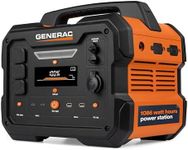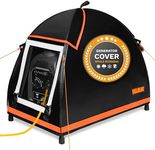Buying Guide for the Best Portable Gas Generators
When choosing a portable gas generator, it's important to consider your specific needs and how you plan to use the generator. Portable gas generators are versatile tools that can provide power during outages, for outdoor activities, or on job sites. Understanding the key specifications will help you select the best generator for your requirements.Power Output (Wattage)Power output, measured in watts, indicates how much electricity the generator can produce. This is crucial because it determines what and how many devices you can power simultaneously. Generators typically range from 1,000 to 10,000 watts. For light use, such as camping or powering small appliances, a generator with 1,000 to 2,000 watts may suffice. For home backup or larger appliances, consider a generator with 3,000 to 5,000 watts. For heavy-duty use, such as on construction sites, you might need 6,000 watts or more. Assess your power needs by listing the devices you plan to run and their wattage requirements.
Fuel Tank CapacityThe fuel tank capacity determines how long the generator can run before needing a refill. This is important for convenience and efficiency, especially during extended power outages or long outdoor events. Generators with smaller tanks (1-2 gallons) are lighter and more portable but require more frequent refueling. Larger tanks (3-7 gallons) provide longer run times but add to the generator's weight. Choose a capacity that balances your need for portability with the duration of power you require.
Run TimeRun time indicates how long the generator can operate on a full tank of fuel, usually measured at 50% load. This is important for planning how often you will need to refuel. Shorter run times (4-6 hours) are suitable for brief uses, while longer run times (8-12 hours or more) are better for overnight use or extended outages. Consider your typical usage scenarios to determine the appropriate run time for your needs.
PortabilityPortability refers to the ease with which you can move the generator. This is influenced by the generator's weight, size, and design features like wheels and handles. Lightweight generators (under 50 pounds) are easy to carry and ideal for camping or tailgating. Medium-weight generators (50-100 pounds) often have wheels and handles for easier transport and are suitable for home use. Heavier generators (over 100 pounds) are more challenging to move but may offer higher power output and longer run times. Choose a generator that you can comfortably transport to where you need power.
Noise LevelNoise level, measured in decibels (dB), indicates how loud the generator will be during operation. This is important for comfort and compliance with noise regulations, especially in residential areas or campsites. Quiet generators (under 60 dB) are ideal for camping and home use, as they produce noise similar to a normal conversation. Moderate noise levels (60-70 dB) are acceptable for most outdoor activities. Loud generators (over 70 dB) are typically used on job sites where noise is less of a concern. Consider where you will use the generator and choose a noise level that will not be disruptive.
Starting MechanismThe starting mechanism determines how you start the generator. Common options include recoil (pull-start), electric start, and remote start. Recoil start is manual and requires physical effort, making it less convenient but reliable. Electric start uses a battery and is easier to use, ideal for those who prefer convenience. Remote start allows you to start the generator from a distance, adding an extra layer of convenience. Choose a starting mechanism based on your preference for ease of use and convenience.
Outlets and ConnectivityThe number and type of outlets determine what devices you can connect to the generator. This is important for ensuring compatibility with your appliances and tools. Basic generators may have a few standard 120V outlets, suitable for small appliances. More advanced models offer a mix of 120V and 240V outlets, USB ports, and RV-ready outlets, providing greater flexibility. Consider the types of devices you need to power and ensure the generator has the appropriate outlets to meet your needs.
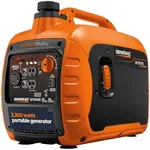
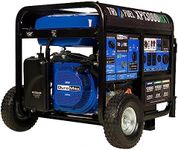
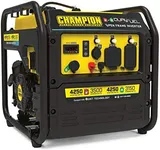
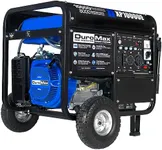
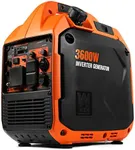
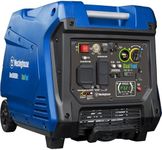
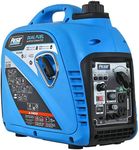
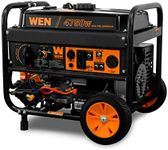
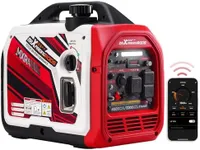

![[Upgraded Version] ALLPOWERS S2000](https://images-proxy.bestreviews.guide/YtTaRg6uNv-LaNq9_7sPyzjq62s=/0x150/https://m.media-amazon.com/images/I/31g7wSEKaOL._AC_CX679_.jpg)

